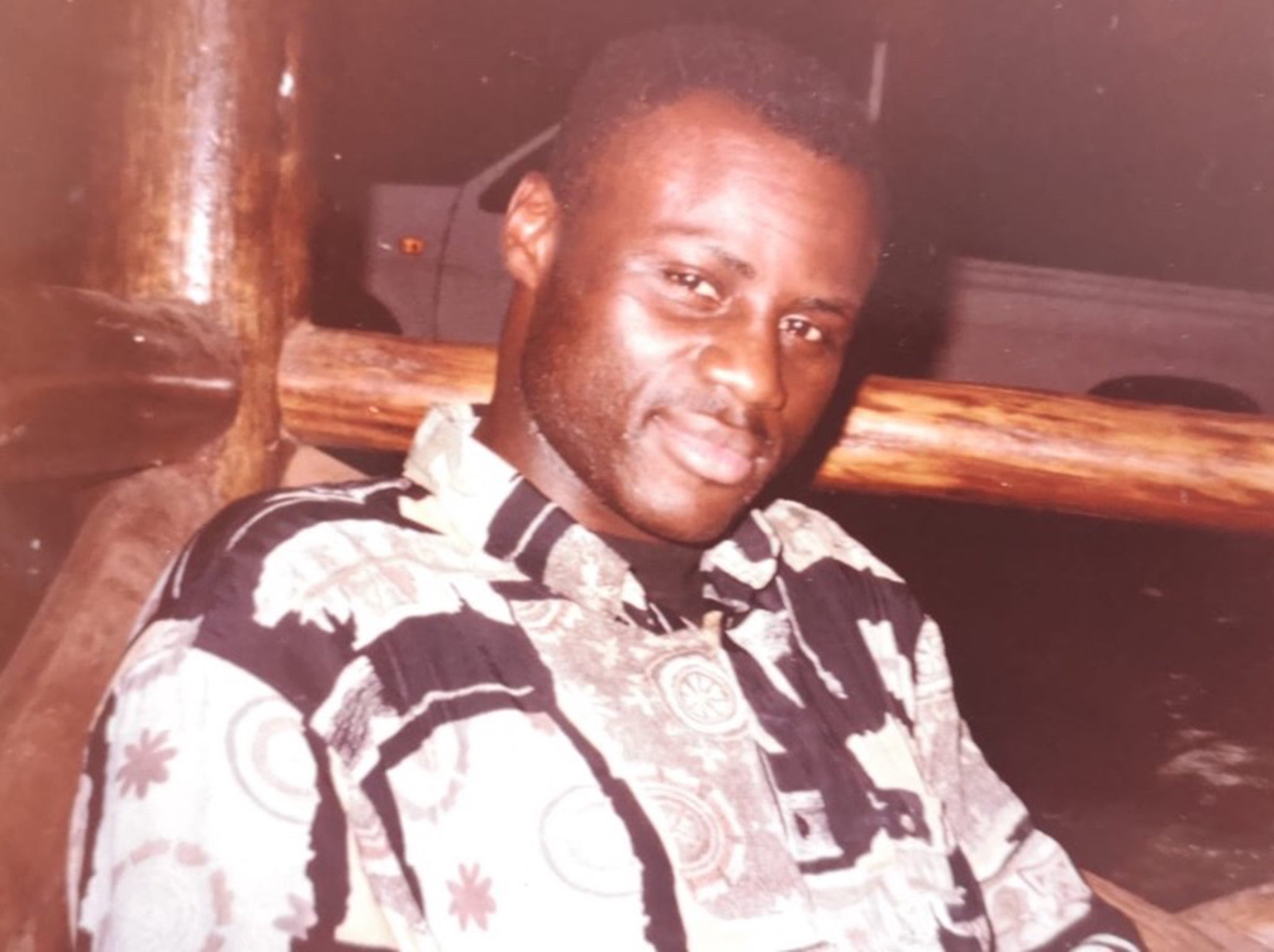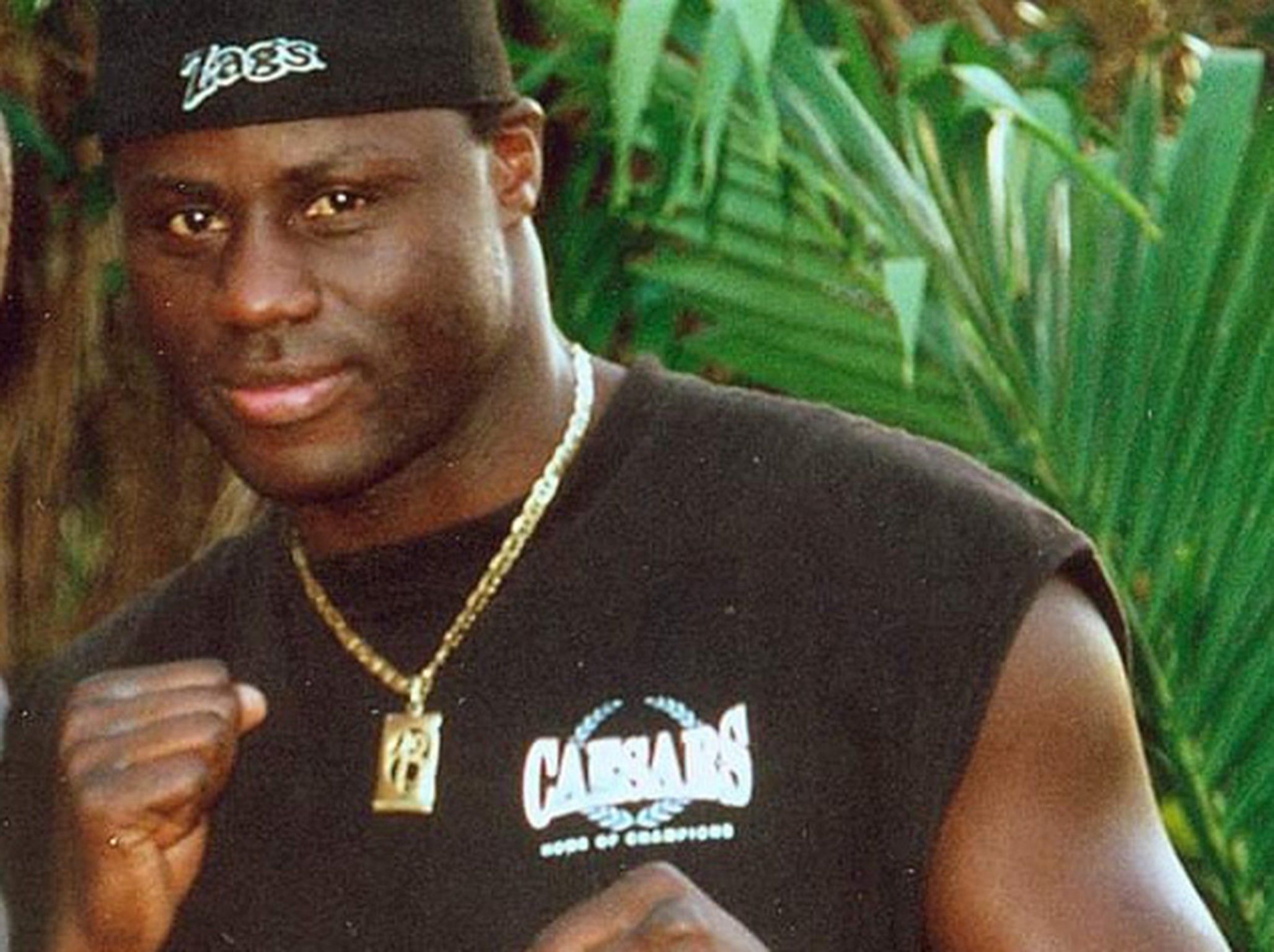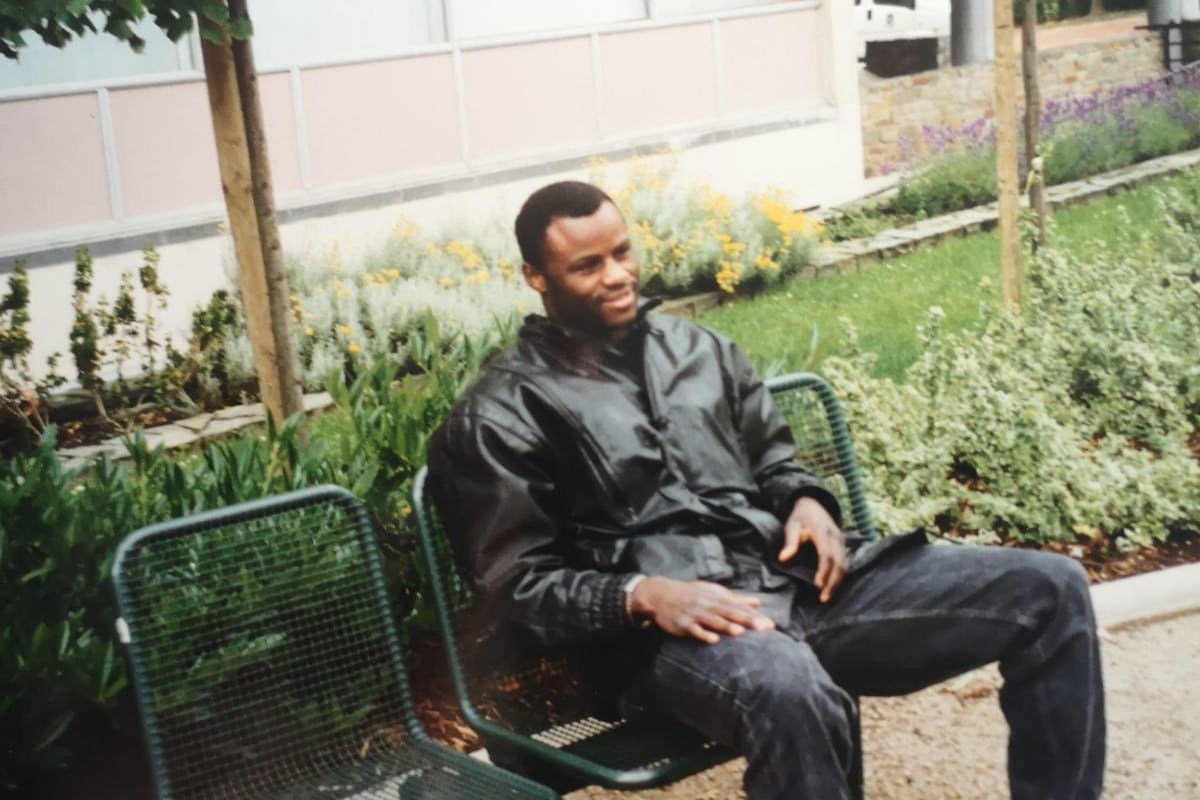The life & death of Franco Wanyama: Another proud man who deserved more help than he ever received
There are endless heartless tales in this business of boxers returning home from foreign fights with short-end money or no cash

Perhaps there was never going to be a fairy tale end to the fighting life, times and hardships of Olympian, Commonwealth champion and quality boxer, Franco Wanyama.
Wanyama fought for Uganda at the Seoul Olympics, turned professional in Belgium and travelled the world fighting some of the finest boxers of his generation in the Nineties. He also met the usual crooks, chancers and liars on the road and fell victim to the usual curses like any vulnerable fighter. He beat champions, lost to champions and was a decent man: married with three kids, polite, respectful and too nice for the sharp end of the sport.
Late last month poor Franco died on his own in Rugby. He was just 51. He had a heart attack one afternoon in his tiny room at a sheltered housing facility. The boxer was a long, long way from his Ugandan home, but just a few miles from his old family home in the Warwickshire market town.
The journey Wanyama took from Olympic hopeful to his solitary death is a winding tale of promises, hope, expectation, isolation and inevitable failure in the boxing business.
Wanyama turned professional in Belgium the year after the Olympics, winning seven of his first ten fights. During the first four years of his career he met and beat Carl Thompson and Johnny Nelson, both held British titles and would hold versions of the world title. In 1994 he won the Commonwealth cruiserweight title when he beat Tony Booth in Waregem. In 1995 at York Hall in London's east end I saw him lose a Commonwealth title fight.
In Detroit in 1995 he was matched with Tommy Hearns, but the fight collapsed at the last moment and Wanyama accepted a fight against Jimmy Thunder, a ranked and respected heavyweight at the time; Wanyama gave away 30 pounds in weight and won on points. He had to take the fight or risk not getting paid, risk going back to Ghent without any money.
There are endless heartless tales in this business of boxers returning home from foreign fights with short-end money or no cash.
In 2000 he finished his career with 20 wins from 29 fights, but had started a serious and brutal second career as a paid sparring partner, working in Florida, Las Vegas and with the Klitschko brothers at their retreats in Germany and Austria. It can be boxing's forbidden planet, an unregulated world of hurt where men get paid to suffer.
“Franco never really complained when he watched boxers he beat have success, winning titles,” said Lucy, his wife. “He would say something to me, but he was too quiet and gentle to say too much.”
Enjoy 185+ fights a year on DAZN, the Global Home of Boxing
Never miss a fight from top promoters. Watch on your devices anywhere, anytime.
ADVERTISEMENT. If you sign up to this service we will earn commission. This revenue helps to fund journalism across The Independent.
Enjoy 185+ fights a year on DAZN, the Global Home of Boxing
Never miss a fight from top promoters. Watch on your devices anywhere, anytime.
ADVERTISEMENT. If you sign up to this service we will earn commission. This revenue helps to fund journalism across The Independent.
Lucy lives in Rugby with Wanyama’s three children, in a house packed with family pictures of weddings, happy days and graduation photographs of smiling daughters. There are also faded pictures of long dead family taken in African villages. I’m on the sofa, ten days after Wanyama was found, trying to put together the lost life of the fighter.
“We had a lovely house in Ghent, three storeys,” Lucy said, but in 2007 the family packed up and left Belgium for the Midlands. Why? “We moved to England because there was a promise of a good job training fighters. There were many promises.” At first the Wanyamas were put in a nice house, a house with a jacuzzi bath, but there was no hot water, no sustainable job, no real hope and then they started to suffer.
Wanyama and his family soon vanished inside a filthy system, they were moved from house to house, grubby bedsits, bed and breakfasts and on the way had all of their belongings stolen. Their pride remained, even under constant assault and setback. Wanyama worked when he could, teaching boxing in schools, setting up a gym, getting a British Boxing Board of Control licence at one point to train boxers. He fell just a bit short each time and at home the vicious fighting in his head started to attack him, he was just another boxer left on his own to deal with the mess inside his skull. It was a distressing time, Franco was losing touch a day at a time.

They have nowhere to go, the damaged men left with their shadows and memories from too many ring wars.
There are right now early plans for a private home for as many as 36 boxers, men suffering the same post-fighting symptoms as Wanyama. It is a long way off yet, but John Oliver, the first man to train Anthony Joshua, is one of the trustees of the proposed and needed Ringside Rest and Care Home, and he is convinced Wanyama would have been given a room.
“I see some of our best boxers with nothing, I visit them in places that are like something from One Flew Over The Cuckoo’s Nest. Something has to be done for these invisible men,” Oliver told me. I have seen Oliver's private list of the fighters that urgently need help and it is depressing.
Six or seven years ago Wanyama urgently needed special care and help. “He was fighting and crying in his sleep,” Lucy said. “He told me that there was ‘ringing in his head’ and I knew he was suffering and was desperate.”

Lucy also knew what to do, she acted swiftly and wanted some answers. “I was losing the man I had met, fallen in love with and married,” she told me. “That man, at that time, was not the man I first met.” It was a crisis and Lucy and Franco knew that they needed a full diagnosis before there was any chance of life returning to anything like normal. There looked like there was hope at one point.
“I got him to the hospital, to see a specialist and three times he was there for an MRi on his head. Three times,” Lucy tells me. “Three times he got ready, was in the room and three times he just got up, got dressed and left. What more could I do?” Lucy looks down at the rug, I have no reason to ask why he left - he just left, fear of the machine, fear of the truth. It makes no difference, he just left.
It was at this time, about six years ago, that Lucy and Franco had to split. He was starting to be extremely difficult to live with and they decided it would be best for both, and for the children, if they split. He was damaged, they both knew that, but they had no real idea what that really meant, or what might happen. It is a lurking danger the damage that can sit in an old fighter's fists and head.
After the split there is a dark period in poor Franco's life as he adjusts to living on his own, tries to control his boxing demons and live a normal life under abnormal circumstances. Other old and lost boxers roam city centres battling imaginary opponents, viewed as drunk nutters, throwing punches, cursing and scaring people, but Wanyama was a gentle man, smiling his way through his private suffering.
It is painful to imagine the last years for Franco Wanyama, his boxing career over, family estranged, new business ventures ruined and health slowly taking a fatal toll, without feeling utter pity.
He had nowhere to go. “He pushed me away after the split,” said Lucy. She had not seen her husband for over a year, but knew how he was, where he was right up until the end. He was last seen alive at 10:30am and found in his room by his care worker at 4:30pm. Lucy now has those times from that final day in her head for life. At first his family had no idea how he had died - nobody knew about the problem with his heart, the coronary disease. They waited for the verdict with dread.
“He was always the fittest man in the gym, I saw him running at 6 in the morning a few weeks ago,” said Jon Finch, who opened a boxing gym in Rugby with Wanyama in 2016 and remains a family friend. "Franco needed help and he knew that - you could see it in his eyes, but he would never ask."
The gym failed, people broke promises again, Wanyama was loose again, back to his sheltered accommodation. Back under a care worker. “The gym was an escape, a way for him to live again,” added Finch. “He never complained, he just got on with it. His Christian faith was strong. He was an exceptional man.”
People remember Wanyama smiling, helping anybody and running, always running and being fit. “I remember going running with him and he kept on lapping me - he was in great shape,” said Nellie, his middle child.
Now Lucy wants to take her husband back to Uganda and bury him on a hill next to his parents. It was what he wanted and it will be a final journey for the travelling boxer. She needs to raise the money to make it possible and has started a GoFundMe page.
In the end, far from his African village, his Belgian fighting roots and the family that loved him, he was just another boxer having the last fight of his career with the demons in his own head. I have seen too many proud men lose that fight and it is probably about time they got a bit more help than is currently on offer.
https://www.gofundme.com/funeral-for-franco-thunderbird-wanyama
Join our commenting forum
Join thought-provoking conversations, follow other Independent readers and see their replies
Comments
Bookmark popover
Removed from bookmarks